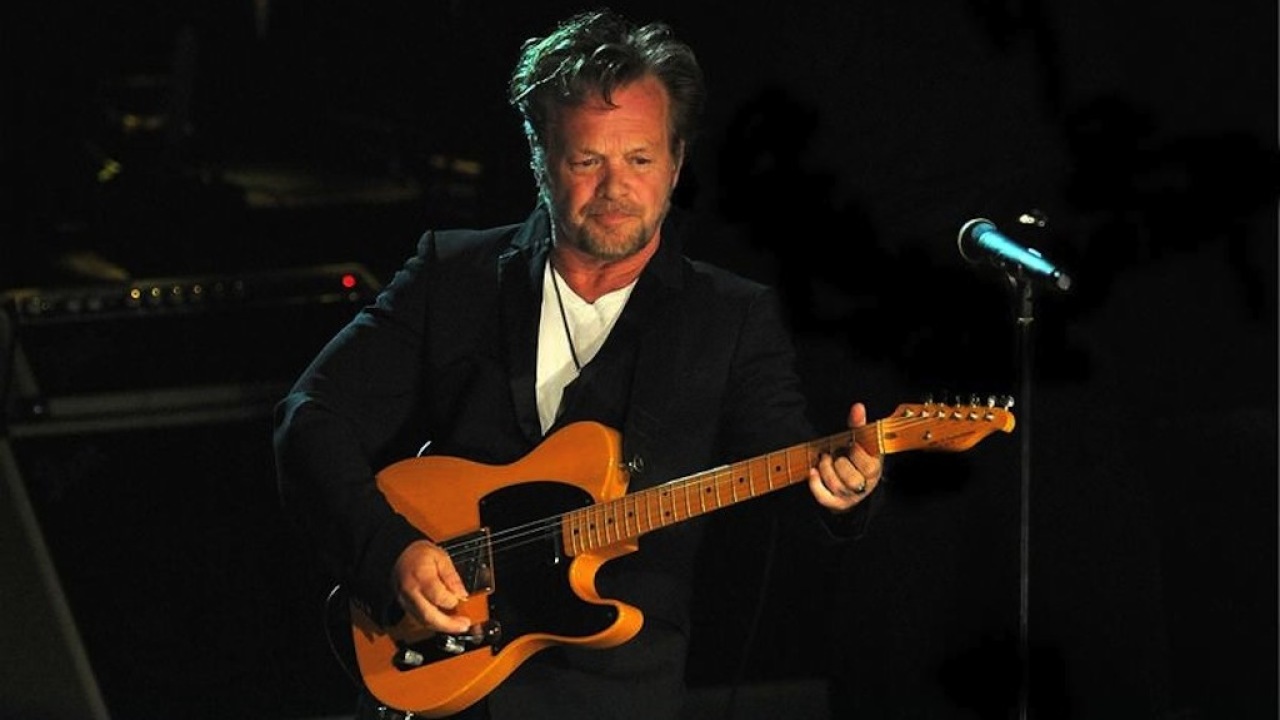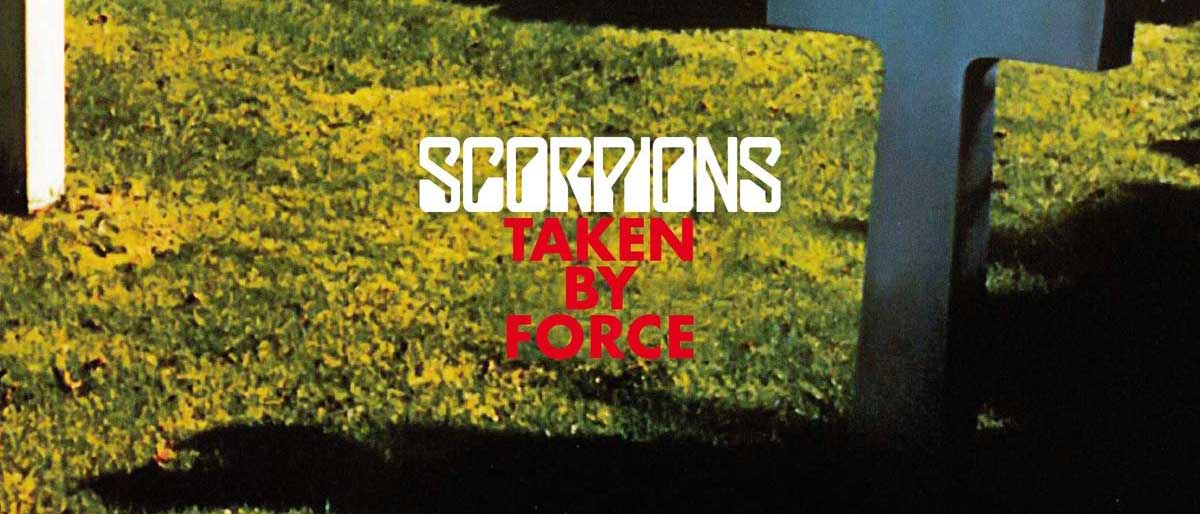You can trust Louder
Mellencamp is no longer making stadium boomers
John Mellencamp found his voice, as a thirty-something, in the Eighties, when he enjoyed a stream of hits in the States, from Jack And Diane to Pink Houses to the self-explanatory R.O.C.K. In The U.S.A. Yet after co-founding Farm Aid, he increasingly became a champion of blue-collar America, writing and singing in the spirit of Tom Joad more consistently than Springsteen and engaging with the roots of blues and country. T. Bone Burnett produced his last two albums; this one (his 22nd) is self-helmed at his Indiana home.
Neither is John a slightly camp Cougar
He’s established credibility now as “the voice of the heartland” (or one of them, anyway). It seems an implausible fact that he was first pitched by mid-Seventies manager Tony De Fries (of Bowie and MainMan notoriety) as Johnny Cougar, complete with London-influenced Glam shadings (his I Need A Lover was later a hit for Pat Benatar). He may disown those early albums, but they’re neglected gems of the era.
In fact, he’s closer to a young(er) Leonard Cohen
Far, far away in time and space, Mellencamp is now an earnest, somewhat sombre song-smith. Some of his lyrics on Plain Spoken (he was described as that in a 2007 Vanity Fair article) are so downbeat they make Leonard Cohen sound like Steel Panther. On the opener (and single) Troubled Man, he soon lets us know that he’s laden with “anxiety and sorrow”, and that “self-destruction and failure have beat my head in”. This is immediately followed by “I laughed out loud once, I won’t do that again”. If he’s channelling a character for his audience to relate to, working-class Americans must be more glum than is generally advertised.
Plain Spoken gets personal and political
Sign up below to get the latest from Classic Rock, plus exclusive special offers, direct to your inbox!
He addresses social issues, as is his wont. He’s been paying attention to the news. Less universal perhaps is a dig at digital downloading as theft, but this self-regarding sidestep is redeemed by the touching Blue Charlotte, written from the perspective of a man watching his wife dying. Sometimes There’s God cleverly straddles the divide between religious faith and scepticism (it’s all in the “sometimes”), while Tears In Vain – relatively candidly – deals with his own acrimonious 2011 divorce after eighteen years of marriage. If all these lyrical themes are highlighted, it’s because the music is very stripped-down and slightly ho-hum, operating primarily in the area of acoustic folk-blues, with “earthy” guitars, fiddles and harmonica. Mumford alert!
Melancholy Mellencamp won’t be for everyone
At 62 the man is entitled to furrow his brow and want his legacy to stand for something. Plain Spoken, however, sometimes feels more like homework than fun. His new record company, who’ve signed him for life, might be hoping he cheers up a bit eventually.
Chris Roberts has written about music, films, and art for innumerable outlets. His new book The Velvet Underground is out April 4. He has also published books on Lou Reed, Elton John, the Gothic arts, Talk Talk, Kate Moss, Scarlett Johansson, Abba, Tom Jones and others. Among his interviewees over the years have been David Bowie, Iggy Pop, Patti Smith, Debbie Harry, Bryan Ferry, Al Green, Tom Waits & Lou Reed. Born in North Wales, he lives in London.


